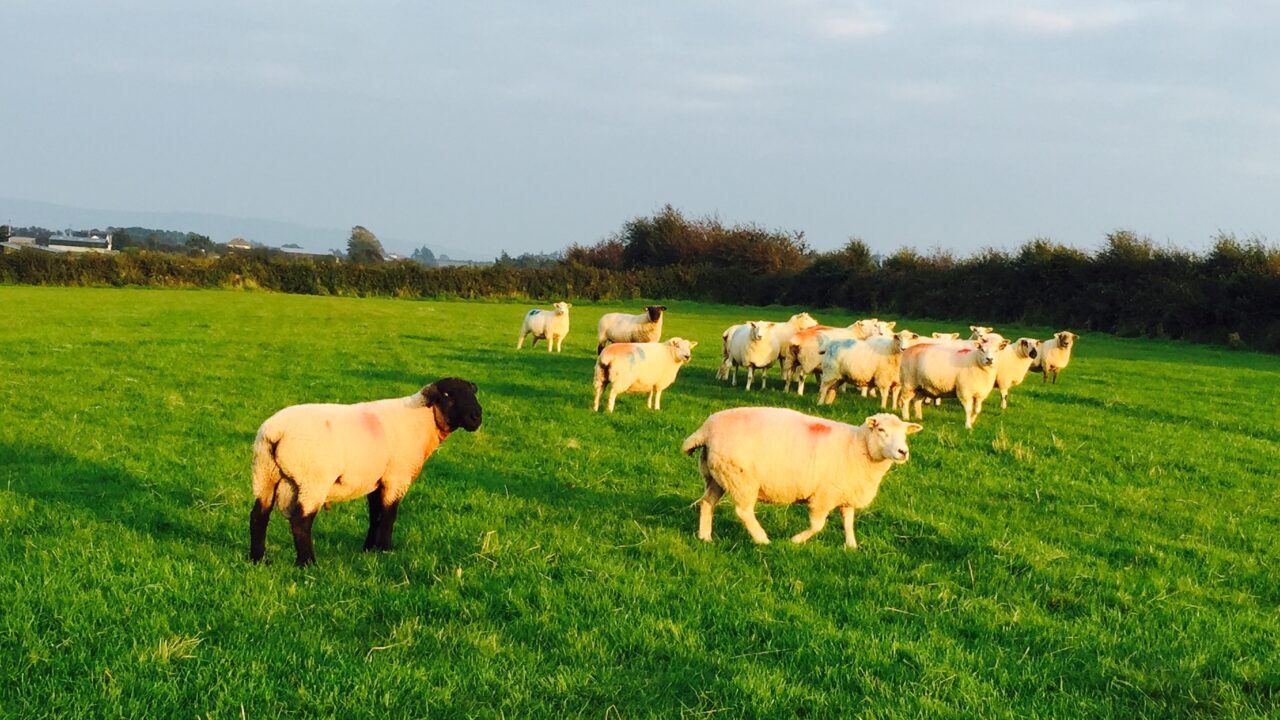The agreement ‘in principle’ of a trade agreement between the UK and New Zealand is “very concerning” for Irish sheep farmers, according to the Irish Farmers’ Association (IFA).
After 16 months of negotiations, the prime ministers of the UK and New Zealand – Boris Johnson and Jacinda Ardern – reached an agreement ‘in principle’ this week on key elements of a new free trade agreement (FTA).
Responding to this, IFA president Tim Cullinan said: “This is precisely the dangerous scenario that we signalled following the Brexit vote in 2016.
“Trade deals between the UK and third countries [non-EU countries] have the potential to undermine what is a very important market for our exports.”
Cullinan also backed concerns expressed by the UK’s National Farmers’ Union (NFU) – the equivalent of the IFA across the water – over standards that apply to imports from third countries.
“We have worked closely with the NFU since the Brexit vote over five years ago. Farmers here and in the UK are committed to the highest standards and we are opposed to any trade deal that does not recognise those standards,” the IFA president concluded.
The agreement reached this week between Johnson and Ardern is not legally binding. The finalised text, to be completed in the coming weeks, is subject to verification and a domestic approval process, after which, following signatures from both countries, it will enter into force.
The agreement, if ratified, would initially see a duty-free ‘transitional quota’ for New Zealand sheepmeat exports to the UK. After 15 years sheepmeat will be fully liberalised and from year 16, duty free.
If the agreed yearly quotas are filled, any further imports will be subject to ‘Most Favoured Nation’ (MFN) base rates. For years one to four, the quota is set at 35,000MT/year, and for years five to 15 it is 50,000MT/year.
In a given year, trade can only occur under the FTA quota once the utilisation of New Zealand’s World Trade Organisation (WTO) country-specific sheep meat quota into the UK has reached 90%.
